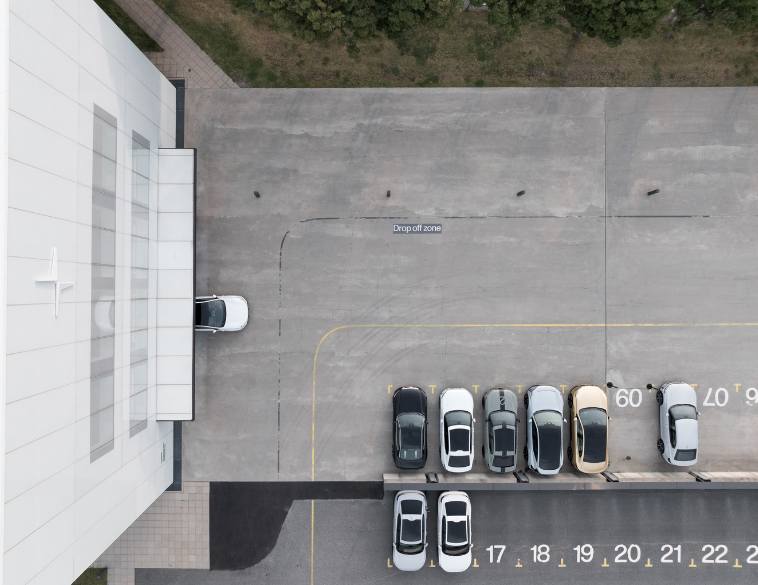- Staff
- #1
- Joined
- Oct 21, 2006
- Messages
- 48,070
- Reaction score
- 32,180
- Location
- Edmonton/Sherwood Park
- Website
- www.bumpertobumper.ca
Canada to Apply 100% Customs Duty on Chinese EVs
27 August 2024
There will be a new surtax on Chinese electric vehicles. Credit: Polestar
Canadian Finance Minister Chrystia Freeland confirmed on August 26 the implementation of a new surtax on Chinese electric vehicles starting October 2024.
On June 24, the Canadian government released a press release announcing its intention to open a 30-day consultation to gather public opinion on imposing customs duties on electric vehicles imported from China starting July 2, 2024.
According to the statement issued by the Canadian government, China’s trade practices include insufficient standards throughout the EV supply chain, such as poor working conditions and overly permissive environmental standards. Additionally, connected vehicles equipped with Chinese technologies could pose a risk to the privacy of Canadians, collecting information from Canadian drivers that could be misused.
For these reasons, after consultation, the Canadian government has finally decided to apply a 100% surtax on electric and hybrid vehicles from China to further encourage the Canadian EV industry and its good practices. This measure is in addition to another 6.1% surtax that was already in effect.
In recent years, the EV industry has exploded in China. In 2023, annual Chinese EV exports generated $47.2 billion, compared to $0.2 billion in 2018. Today, nearly 70% of EVs worldwide come from China, according to CTV News.
Thus, the new measures also aim to prevent China’s domination in the Canadian vehicle market and protect the 550,000 direct jobs in the sector.
Following the Example of Europe and the United States
This measure adopted by the Canadian government is largely inspired by our southern neighbours and our European cousins who launched similar initiatives earlier this year.
In Europe, an investigation was conducted last May to determine the legitimacy of subsidies offered by the Chinese government to its EV manufacturers. China had reportedly significantly increased the amounts of subsidies given to its manufacturers to minimize the selling prices of Chinese EVs and swallow their competition.
Following the results of this investigation, the EU decided to impose different surtaxes on each Chinese EV manufacturer starting July 4, 2024, depending on their transparency and cooperation during the investigation. Among the affected brands are BYD (+17.4%), Geely (+19.9%), and SAIC Motors (+37.6%).
The measures adopted by Europe are therefore less restrictive than those adopted by Canada, but also by the United States. On May 14, the U.S. government announced an increase from 25% to 100% in customs tariffs imposed on Chinese EVs starting August 1, 2024.
Manufacturers Polestar (Geely) and Tesla produce all or some of their vehicles in China and will also be affected by these surtaxes, if applicable. With factories on several continents, automakers can adjust their production and distribution networks to circumvent these barriers.
What is clear is that with this measure, Canadians, Americans, and to some extent Europeans, want to protect their automakers from a massive influx of electric vehicles with prices highly subsidized by Beijing and produced according to environmental and social standards less stringent than their own.




